UK-based GW Pharmaceuticals has released positive Phase III clinical trial results for its cannabis-derived drug Epidiolex (cannabidiol) in children with a rare form of epilepsy. Pediatric patients taking Epidiolex experienced significantly fewer seizures each month, compared to a placebo group.
Around 5,500 US children with a rare form of epilepsy, known as Dravet syndrome, have few options when it comes to treating the debilitating disease. The FDA has yet to approve a treatment for this form of infantile-onset epilepsy, which results in recurrent uncontrolled seizures associated with developmental delays and a high rate of mortality.
Epidiolex contains a plant-derived compound known as cannabidiol, which is one of the non-psychoactive cannabinoids found in cannabis. The researchers published the clinical trial results in the prestigious New England Journal of Medicine.
“Dravet syndrome is one of the most difficult types of epilepsy to treat and many of the children in this study were experiencing dozens, even hundreds, of seizures per month despite taking multiple concurrent anti-epileptic medications,” said lead study author Dr. Orrin Devinsky, of NYU Langone Medical Center’s Comprehensive Epilepsy Center. “These results suggest that Epidiolex can provide clinically meaningful benefits and I look forward to the prospect of an appropriately standardized and tested pharmaceutical formulation of cannabidiol available as a treatment option for these patients.”
The clinical trial involved 120 pediatric patients with treatment-resistant Dravet syndrome. Pediatric patients had a median frequency of 13 convulsive seizures per month, however the patient with the most severe form of Dravet syndrome experienced over 1,700 seizures in that time.
Twenty-three study centers across the US and Europe enrolled patients in the clinical trial. Patients were randomly assigned to receive daily doses of Epidiolex or a placebo, in addition to their standard of care.
After 14 weeks of treatment, patients taking Epidiolex showed a 39 percent reduction in convulsive seizures, compared to 13 percent in the placebo group. What’s more, 62 percent of Epidiolex patients were rated as having an improved overall condition on the Caregiver Global Impression of Change (CGIC) scale, compared to 34 percent of placebo patients. Five percent of patients taking Epidiolex became seizure-free during the study period, whereas no patients taking the placebo reached this level of improvement.
“The publication of these highly-anticipated positive results represents an important milestone for the Dravet syndrome community in that it provides hope that a new treatment option is within sight for this rare and devastating disease,” said Nicole Villas, Scientific Director of the Dravet Syndrome Foundation. “As a foundation dedicated to research and patient assistance, we hope the burden of Dravet syndrome on patients and families is recognized and welcome new, well-researched treatments such as this that might help ease the burden.”
Epidiolex is a liquid drug which can be administered to patients by mouth. GW Pharmaceuticals reported that the Epidiolex clinical trial showed a safety profile similar to previously-recorded open label experience with the drug.
Ninety-three percent of patients taking Epidiolex experienced an adverse event – ranging from drowsiness and decreased appetite, to diarrhea and upper respiratory tract infection – however most patients reported these side effects were mild to moderate. Despite the high rate of adverse events, GW Pharmaceuticals and their US subsidiary Greenwich Biosciences plan to submit a New Drug Application for Epidiolex to the FDA in mid-2017.

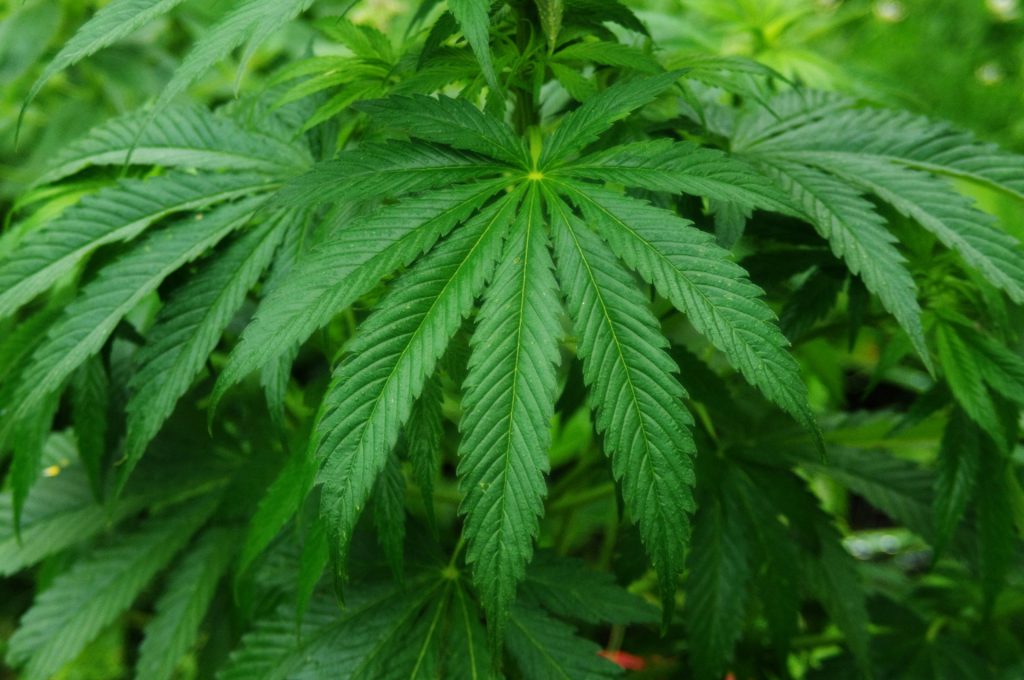
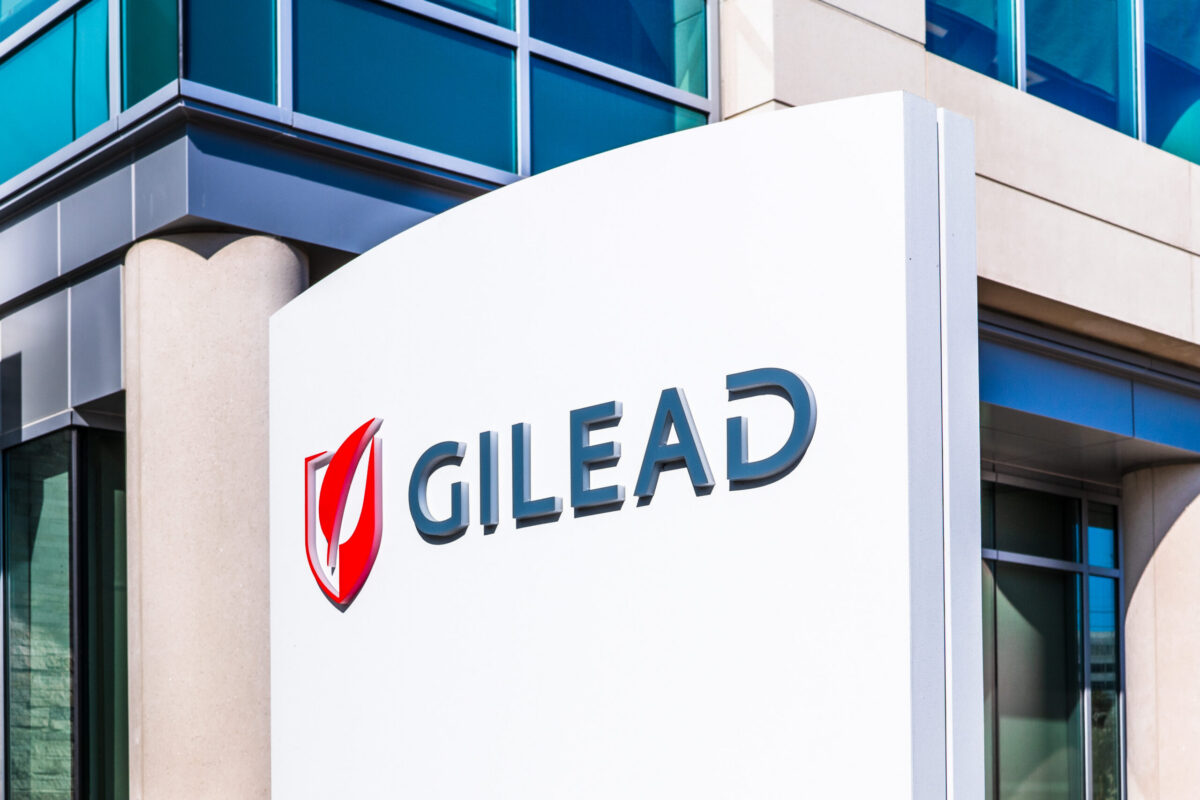
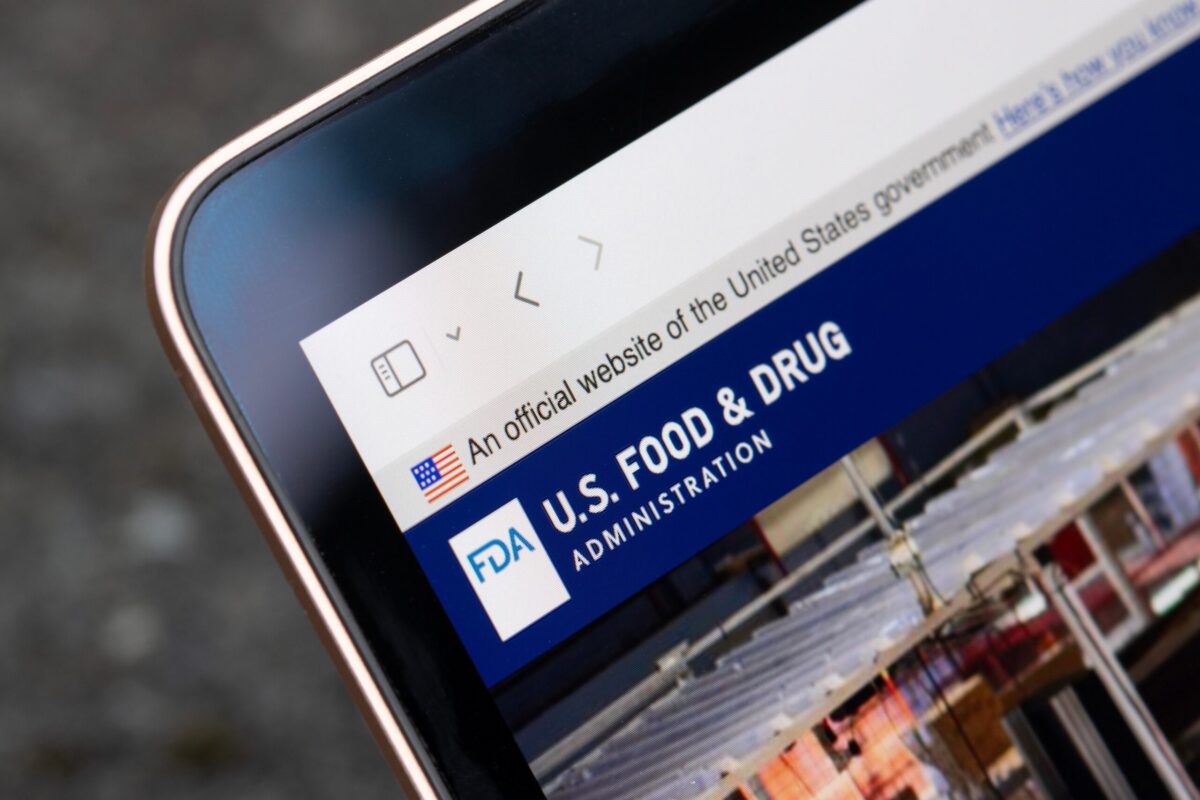
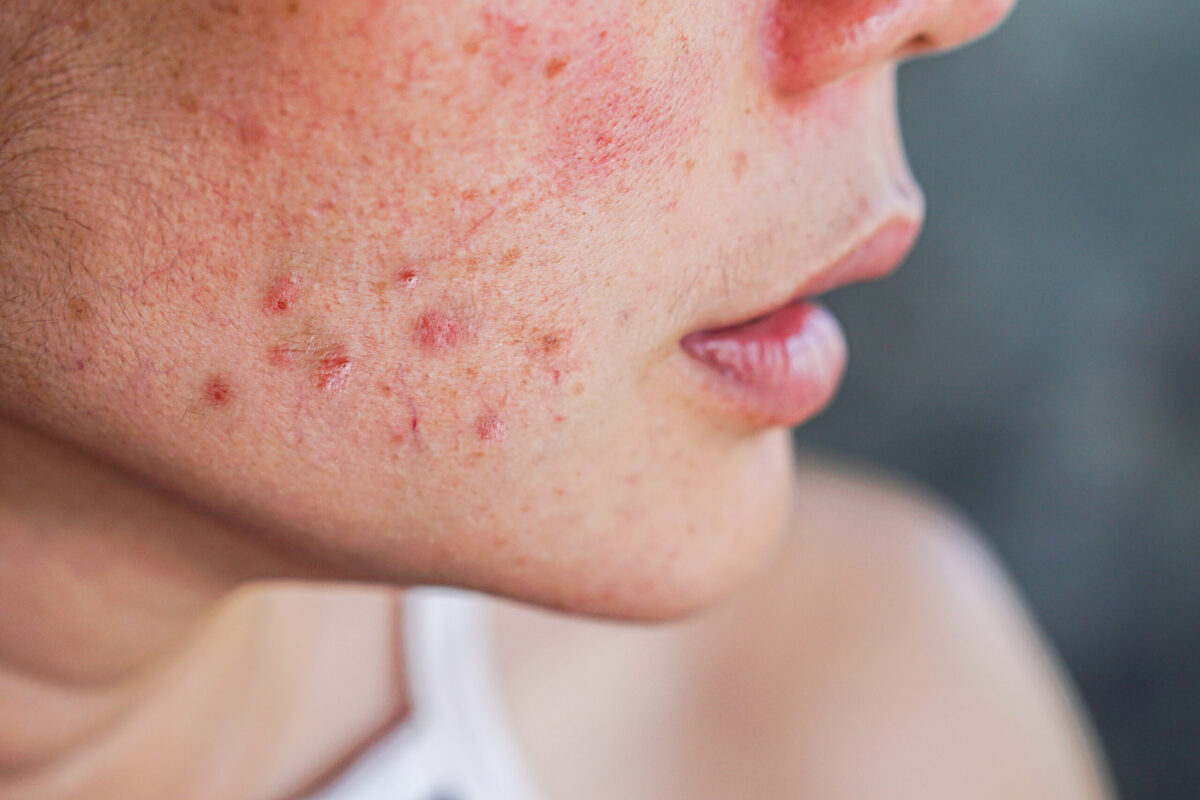
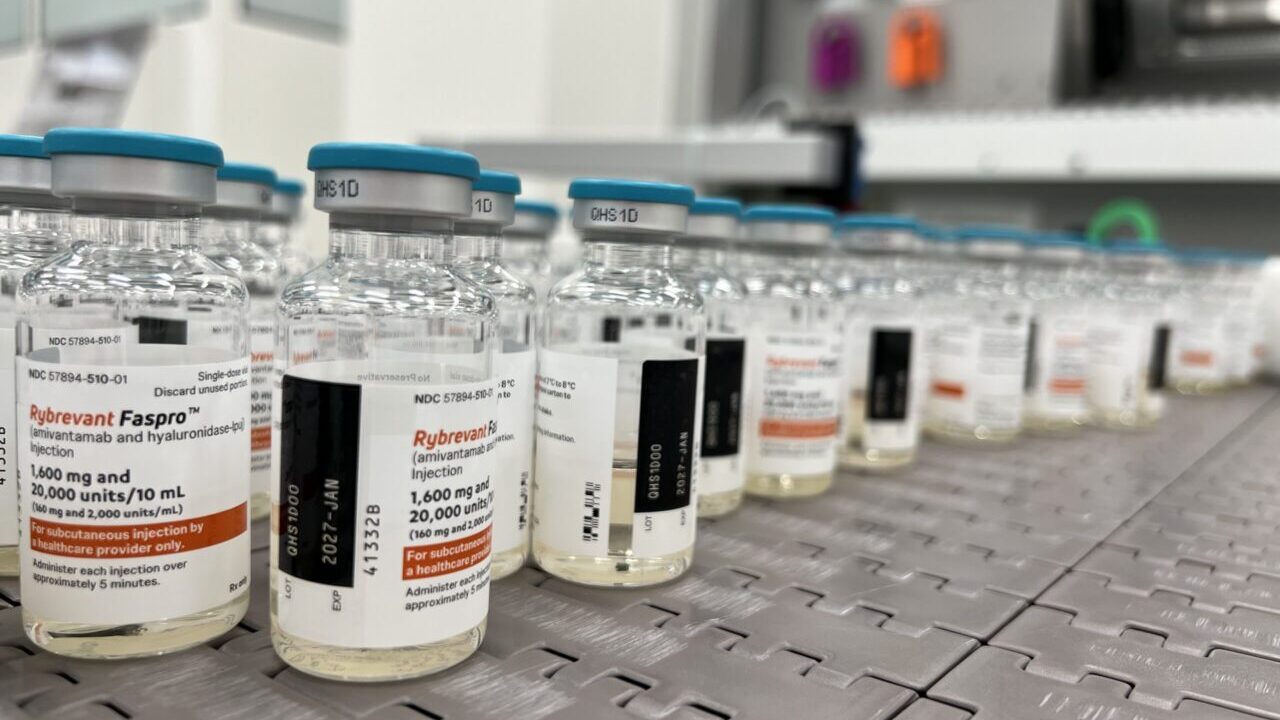






Join or login to leave a comment
JOIN LOGIN